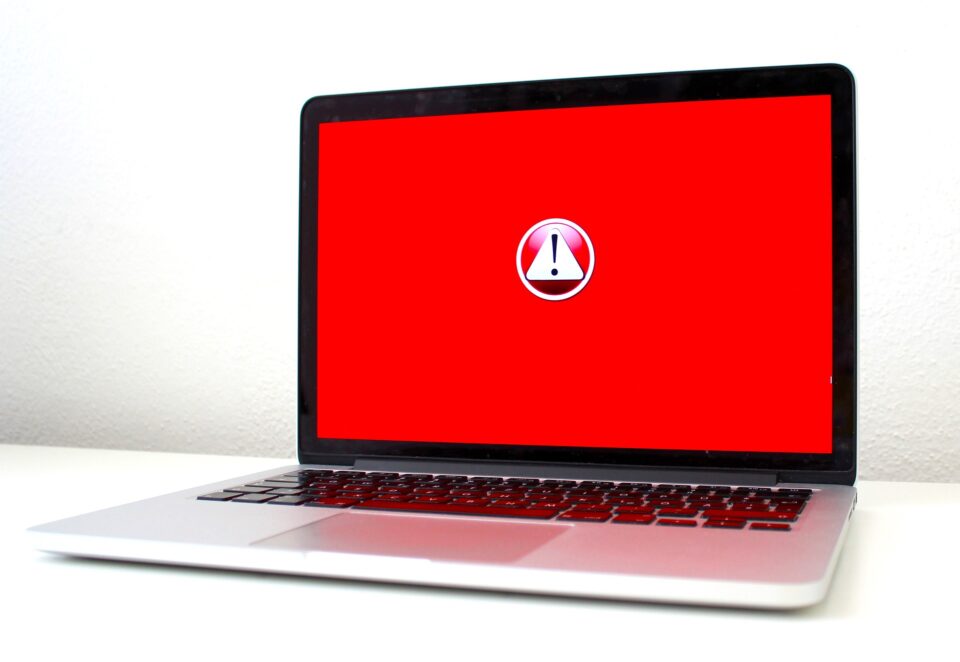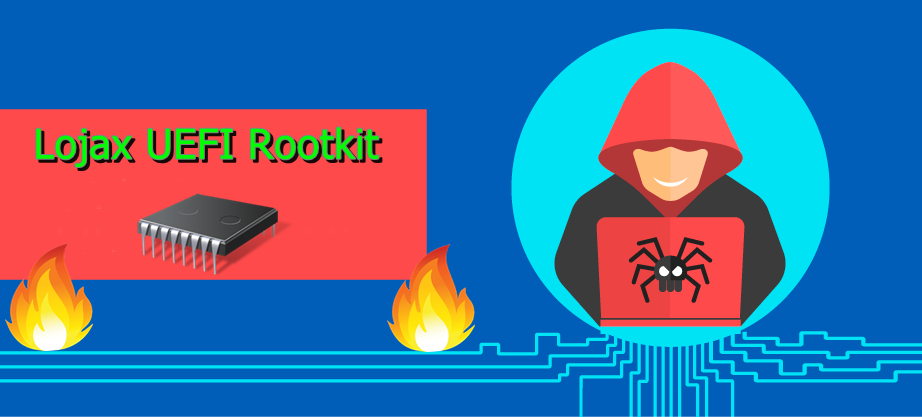
Discovered by Google’s Threat Analysis Group (TAG), Spica is a backdoor malware which has not been identified previously. It’s believed that the malware is the result of ColdRiver, a Russian hacking team with a proven track record in deploying malware. The attack, as with so many contemporary threats, is delivered by email and relies on malicious PDF files. Now, with close to 350 billion emails sent per day in 2023, it’s clear that email is hugely popular. And it’s estimated there are 2.5 trillion PDF files currently in circulation. Therefore, the chances of your business running into a similar attack is high.
The Threat of Spica
The Spica attack begins when the threat actors send a series of PDF files to their targets. Using phishing email techniques, they attempt to trick the targets into believing that these have been sent by legitimate contacts. These files appear encrypted and, if the target bites, they will email back to say they can’t open the files. This is where the threat actors are able to launch their payload.
By sending a malicious link back to the target, the threat actors can trick them into downloading what they claim is a decryption tool. However, this executable tool – going under the name of Proton-decryptor.exe – is far from helpful. Instead, it will provide backdoor access to the target’s PC. With this access in place, the malware can communicate with a control-and-command server to receive further instructions.
And Spica comes loaded with a wide range of weaponry. As well as being capable of launching internal shell commands on the infected PC, it’s also programmed to steal browser cookies, send and receive files, and create a persistent presence on the machine. Google believes that there are multiple variants of Spica, and the current targets of the malware seem to be high ranking officials in non-governmental organizations and former members of NATO governments.
Shielding Yourself from the Threat of Spica
While your organization may not be listed high on ColdRiver’s target list, the attack methods are familiar and could easily be launched against you at some point in the future. Therefore, it’s in your best interests to integrate the following advice into your cybersecurity measures:
- Always double check attachments: with email attachments representing one of the surest ways to transmit malware, it’s vital you remain vigilant. If you have even the slightest inkling that something seems suspicious with an email from a known contact, don’t email them back. Instead, contact them by phone to confirm the email is genuine, as it may be that their email account has been hacked.
- Check for spelling/grammar errors: phishing emails are prone to poor grammar and spelling, especially when they originate from non-English speakers. Accordingly, poorly composed emails should be scrutinized closely. Also, watch out for generic and unusual greetings such as “Dear customer” as these may indicate that the email is part of a mass-campaign against unknown targets.
- Use email filters: by using email filters, often included with anti-malware software such as McAfee, you can provide your organization with an extra layer of security. Connected to databases which are regularly updated, these email filters can identify malicious files before they’re downloaded to your PC.
For more ways to secure and optimize your business technology, contact your local IT professionals.
Read More














